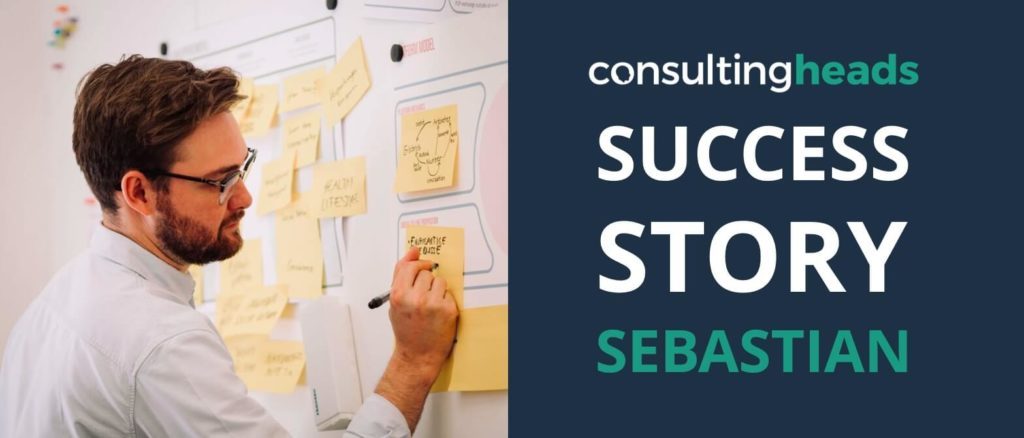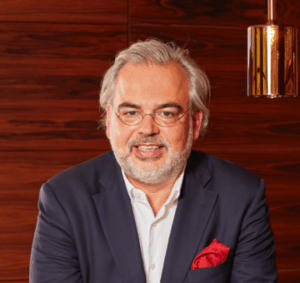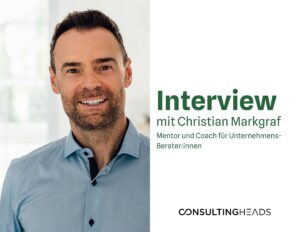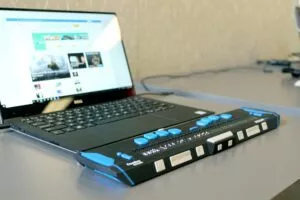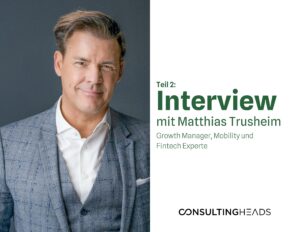Sebastian ist im August über consultingheads von einer Boutique-Beratung zu Siemens Management Consulting gewechselt. Sein Steckenpferd ist Business Building. Im folgenden Interview erzählt uns Sebastian von seinem Wechsel, den Vor- und Nachteilen einer Inhouse-Beratung und welche Skills und Eigenschaften man im Business Building mitbringen sollte. Viel Spaß beim Lesen!
This article might also interest you: consultingheads Success Story: David (Freelance).
About Sebastian and his move to Siemens Management Consulting (SMC)
Would you like to introduce yourself to our users? How has your career been so far? What is your expertise?
With pleasure! I originally started with an apprenticeship as a graphic designer. This was followed by a degree in business studies with stations in brand management at Danone and in product management for EnBW’s then still new solutions business. Eventually, I ended up working for an international strategy consultancy specializing in growth, marketing and innovation. These are also my focus topics today.
How did you come to consultingheads and why did you sign up with us?
I learned about consultingheads through an acquaintance. At that point, I was open to offers but not actively looking. For this reason I tested consultingheads directly.
Since August you have been working for Siemens Management Consulting (SMC). What new tasks did you face here and how have you already been able to grow through this new position?
When you join SMC, you also become part of Siemens – one of the world’s most innovative industrial and technology companies. Like other companies, Siemens is only successful in the long term if it constantly reinvents itself, as it has done over the past 173 years. In the course of this continuous transformation process, SMC is also currently developing further. The goal is to also support external, “non-Siemens” companies in the future with strategy development through design to implementation. In addition to classic project work, it is important to actively help shape this change. In my case, that means building the Innovation Practice.
Tell us about your highlight at Siemens Management Consulting so far.
Tough question, as there have already been a few highlights despite the short time! Both in the course of the projects and outside. If I have to pick one in particular, it’s probably our off-site. There I was able to get to know colleagues from the offices in the USA or Asia, who you don’t normally meet in the office on Fridays. These are all not only very bright minds with exciting resumes, but also people with whom you can really have fun.
Advantages and disadvantages of a career at boutique vs. in-house consultancies
Before joining SMC, you worked at a boutique consultancy. What differences or advantages and disadvantages do you see between these two types of consulting (boutique and in-house) as an employed consultant?
These are two very different worlds. On the one hand, a small office with a family atmosphere. On the other hand, part of a company with over EUR 85 billion in sales and 385,000 employees. The structural starting position is fundamentally different. Nevertheless, the two types of consulting are relatively similar in terms of greater specialization, either in industry or management competencies. Even though Siemens is already very broadly positioned with its Energy, Medical Technology, Mobility, Infrastructure and Industry Divisions.
In general, in-house consultancies feel they have a more open and collegial approach to customers. To that end, moving into management positions is certainly easier. With a boutique consultancy, you learn not only the appropriate tools but also a pragmatic approach and can quickly take on a lot of responsibility. I would not want to miss either experience.
Skills & Qualities in Business Building
Your hobbyhorse is business building. What would you say are the skills and qualities you should have in this field?
Basically, the chances of success in business building increase dramatically when a diverse team is focused and collaborative. Accordingly, there is no “one” profile. In my opinion, in addition to the functional tools of the trade, such as conducting robust analyses or co-creation workshops, two characteristics are particularly important: curiosity and ambiguity.
On the one hand, curiosity refers to a general interest in future topics, such as new technologies or innovative start-ups. On the other hand, on the willingness to deal with very different topics – from business cases to prototype development to the operating model.
By ambiguity, I mean the character trait of being comfortable in a dynamic environment. Business building is a continuous process of learning and adapting, where things change quickly. Therefore, it requires both analytical and creative ways of working, the foresight for future visions and the focus on short-term milestones, as well as an understanding of the methods of agile start-ups and the decision-making processes of a corporation. This makes business building an extremely exciting, but also demanding task.
Therefore, it requires both analytical and creative ways of working, the foresight for future visions and the focus on short-term milestones […]. This makes business building an extremely exciting, but also demanding task.
Sebastian, Siemens Management Consulting
Tips for business trips
At SMC, you are on the road a lot. Where have you been on assignment so far and what tips can you give young consultants for their business trips?
In addition to the locations in Munich and Erlangen, SMC’s classic deployment locations are logically the Siemens subsidiaries in 200 countries around the globe. In the first project, for example, I ended up in Dubai.
Over time, I think everyone develops their own routines. In general, I make sure to have noise-canceling headphones with me and that my Netflix series, podcasts, and Spotify playlists are available offline. For this purpose, I try to get to know something of the city and the culture even in stressful projects and to meet up with local acquaintances.
Thank you, Sebastian, for being part of consultingheads and sharing your experiences with us. We wish you all the best, much success & health!
